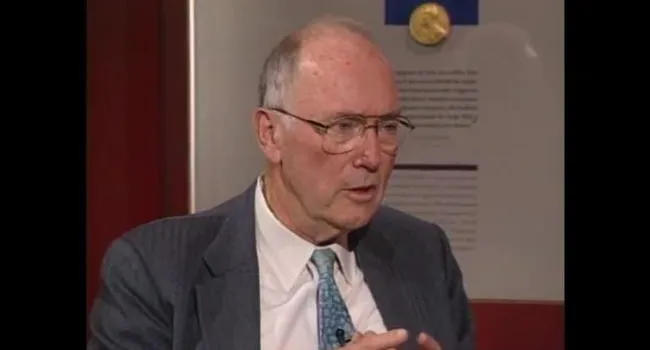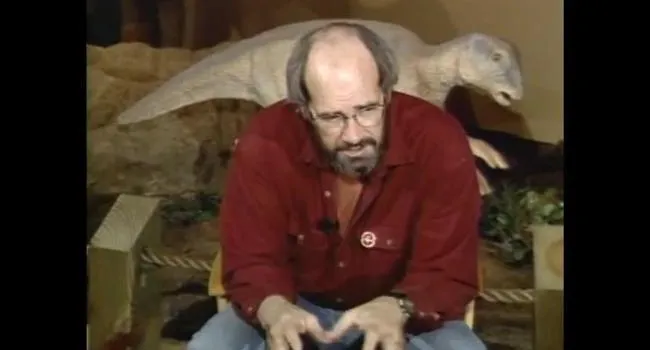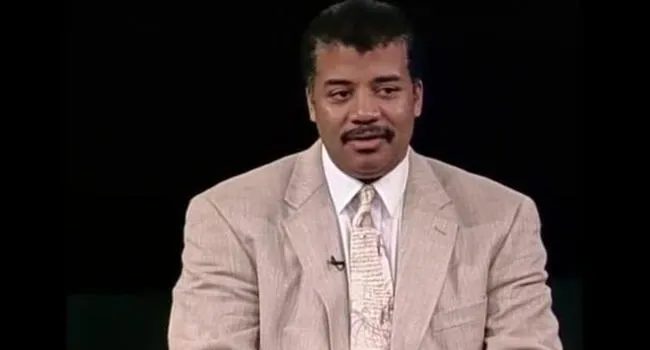In 1972, Charles Duke served as the pilot on Apollo 16, whose crew was the first to inspect, survey and sample the surface features of the highlands of the moon.
He discusses the history of space exploration and the astronauts whose names are familiar to many of us. He discusses his education and experience, including a masters degree and test pilot school. He is a Brigadier General, USAF.
He says that the place on Earth that looks most like the moon is Iceland. Because the interior of Iceland is a volcano, there are cinders, volcanic dust and there is no life. But Iceland has no craters.
When asked what went through his mind when they landed on the moon, Gen. Duke mentions that there were some serious problems with the lunar module and the command ship, which delayed their landing for six hours. They had some problems on the descent, too. He remembers being relieved when they actually landed.
When asked if he was ever afraid, he recalls that toward the end of their stay on the moon, they were about to climb back inside, to lift off and leave the moon, and they started bouncing around, sort of like the Olympics on the moon. He was going to set the record for the high jump. When he jumped, the backpack weighed as much as he did, and when he straightened up, his center of gravity went backwards, and he fell over backwards, but he was up in the air. He started scrambling, trying to get his balance and fell down and hit the ground. He said the backpack wasn't designed for impact because of plumbing and pipes, and regulators and very sensitive equipment, and he was able to break his fall. But his heart was pounding, and he found out that the only time he got in trouble was when he was doing something he shouldn't have been doing, like the moon Olympics.
He provides an extensive description of what is inside a space suit, how it is made, all the layers that are worn, the materials that different pieces are made of, and how it feels to be in one.
He then discusses the food that is consumed in space. He said it didn't look very good and didn't look very appetizing, mostly dehydrated, but it was very tasty and all vacuum-packed. He said it was fun to eat and describes how the food floats away, if you squeezed the bag or snapped it too hard.
Gen. Duke says he joined the space program because of the thrill of adventure and he loves to explore. He says it's important to get a good education as a good foundation, and advises students to take advantage your educational opportunities because it's important. Continuing to learn is so important and you never get too old to learn.
He discusses that when they returned, they had Charlie Duke Day in Lancaster, and then went to Columbia and talked to the legislature and met the governor.
When asked what he thinks when he looks at the moon, he says he feels a sense of pride, and it's still romantic, but more like an old friend. It's a real experience, not like a dream. He still wishes he could go back because he loves to fly.
When asked who the most inspirational people in his career are, Chuck Yeager, the first man to fly faster than the speed of sound and later, the original astronauts, Alan Shepard, Wally Schirra, and John Glenn, and men such as those, whom he personally knew and who were inspirational and were such good mentors. There were also the heroes from World War II whom he respected and admired a lot.
The first step is a good education.








